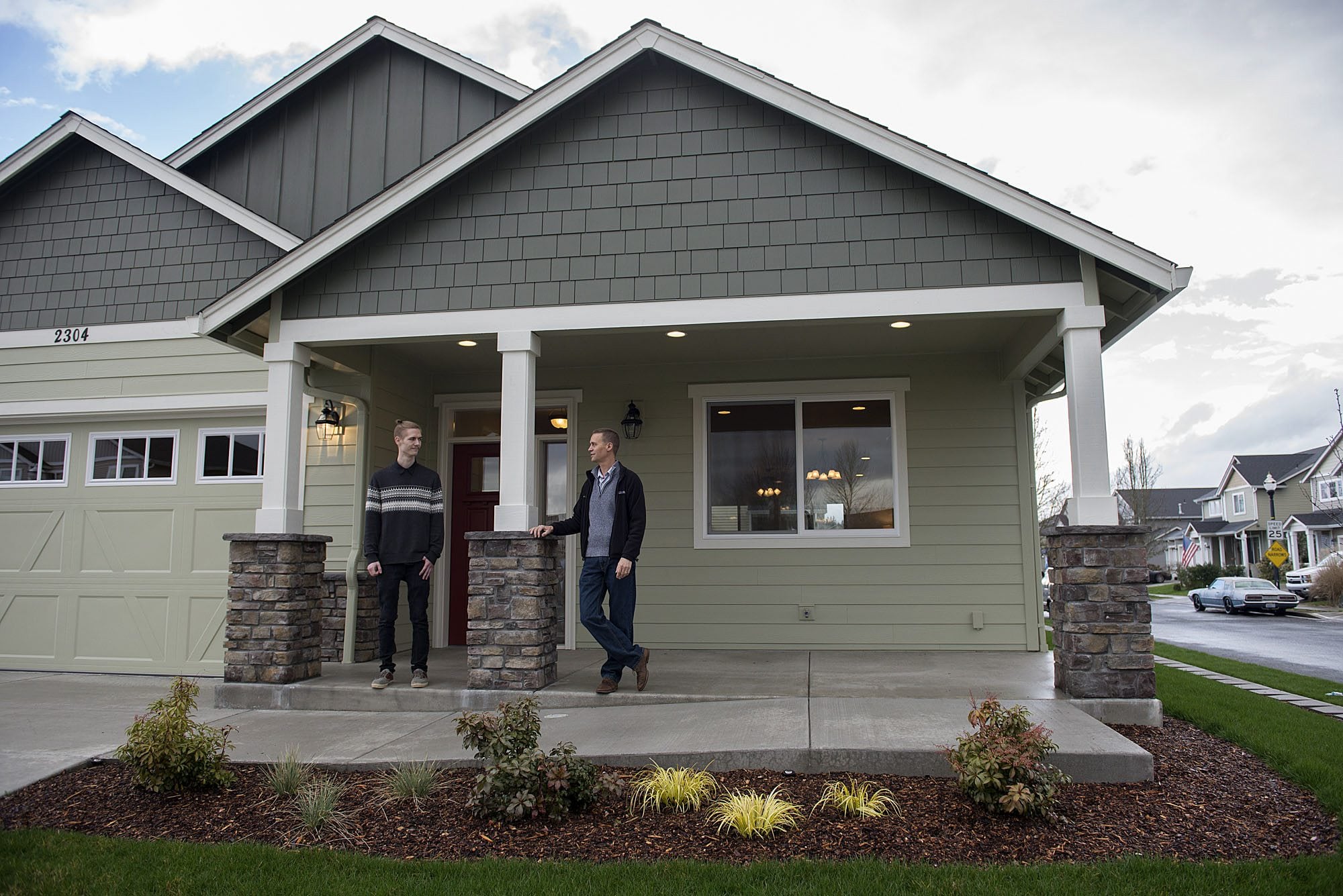MIAMI — Two men from Libya have been released from the prison on the U.S. base in Cuba after nearly 14 years in custody without charge and were granted settlement in the West African nation of Senegal, officials said Monday.
Their departure comes amid an effort by President Barack Obama to release Guantanamo prisoners who are no longer deemed a threat and to eventually close the detention center, a prospect that faces strong opposition in Congress. With the release of the two Libyans, there are 89 men left, including 35 cleared for release who are expected to be gone within months.
Officials have said that both Salem Abdu Salam Ghereby, 55, and Omar Khalif Mohammed Abu Baker Mahjour, who records show is about 44, were members of the Libya Islamic Fighting Group, an organization that sought the ouster of dictator Moammar Gadhafi and had been designated a terrorist organization by the U.S. since 2004. Both men were captured in Pakistan.
Neither could be sent back to the homeland they fled in the 1990s because of the instability there unleashed by the violent overthrow of Gadhafi. U.S. Secretary of State John Kerry expressed thanks that Senegal agreed to take the men.




